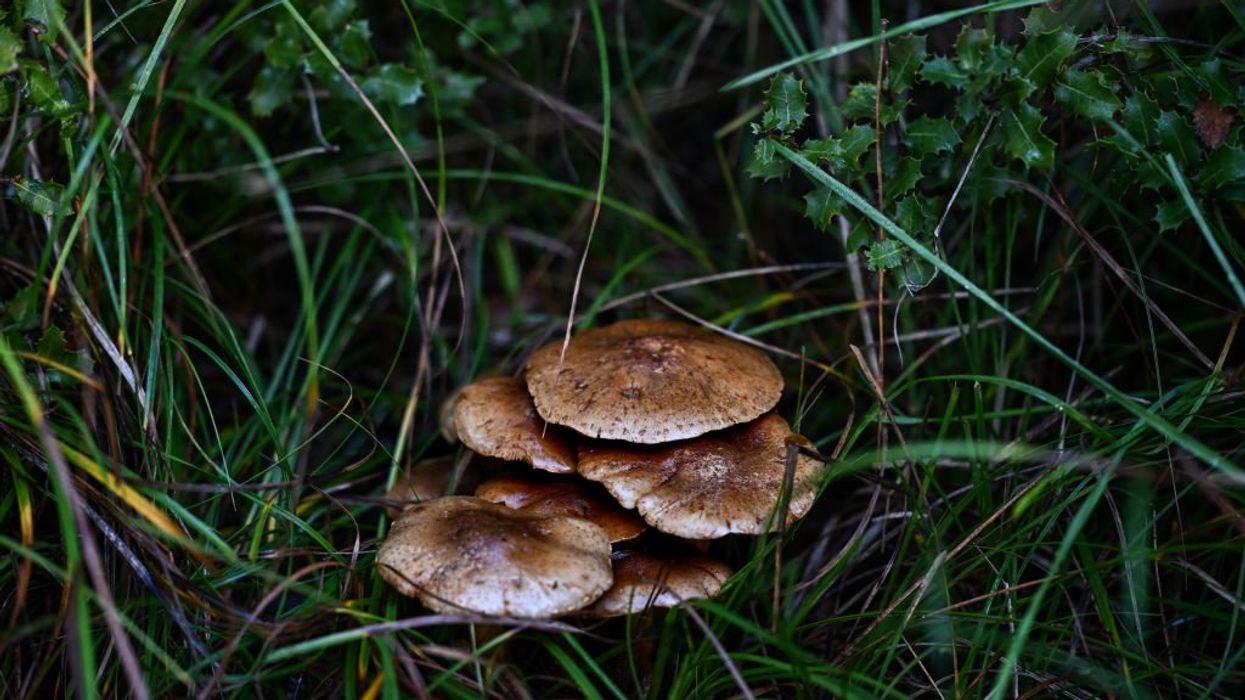
Photo by Mahmut Serdar Alakus/Anadolu via Getty Images

Researchers have been on a quest to find the most sustainable and environmentally friendly alternative to meat and other animal-based products. Nature Communications recently published a study that suggested our dystopian future could feature genetically engineered mold as a prime source of nutrition, according to the Debrief.
Researchers at Lawrence Berkeley National Laboratory reportedly led the study, and they demonstrated "how the edible fungus, Aspergillus oryzae, can be bioengineered to enhance its nutritional value and sensory appeal as a meat substitute."
Researchers were able to use synthetic biological tools to modify the fungus' genome, raising the production of key nutrients and flavor molecules, according to the study. The researchers said that their method brought the substance closer to mirroring the texture and taste of real meat.
The lab reported that fungi could be the future of our daily nutritional intake, as they include "a huge range of tasty and nutritious proteins, fats, antioxidants, and flavor molecules." Vayu Hill-Maini — a chef-turned-bioengineer — has been investigating the possibilities for new textures and tastes that can be produced by modifying the genes in fungi.
“I think it’s a fundamental aspect of synthetic biology that we’re benefiting from organisms that have evolved to be really good at certain things,” Hill-Maini said, who is a researcher at UC Berkeley in the lab of bioengineering expert Jay Keasling.
“What we’re trying to do is to look at what is the fungus making and try to kind of unlock and enhance it. And I think that’s an important angle that we don’t need to introduce genes from wildly different species. We’re investigating how we can stitch things together and unlock what’s already there.”
Keasling, a senior scientist at the Berkeley lab, said that "these organisms have been used for centuries to produce food, and they are incredibly efficient at converting carbon into a wide variety of complex molecules, including many that would be almost impossible to produce using a classic host like brewer’s yeast or E. coli.”
“By unlocking koji mold through the development of these tools, we are unlocking the potential of a huge new group of hosts that we can use to make foods, valuable chemicals, energy-dense biofuels, and medicines. It’s a thrilling new avenue for biomanufacturing.”
However, it is unclear how soon it could be before consuming fungus becomes a mainstay of our dystopian diet.
Like Blaze News? Bypass the censors, sign up for our newsletters, and get stories like this direct to your inbox. Sign up here!